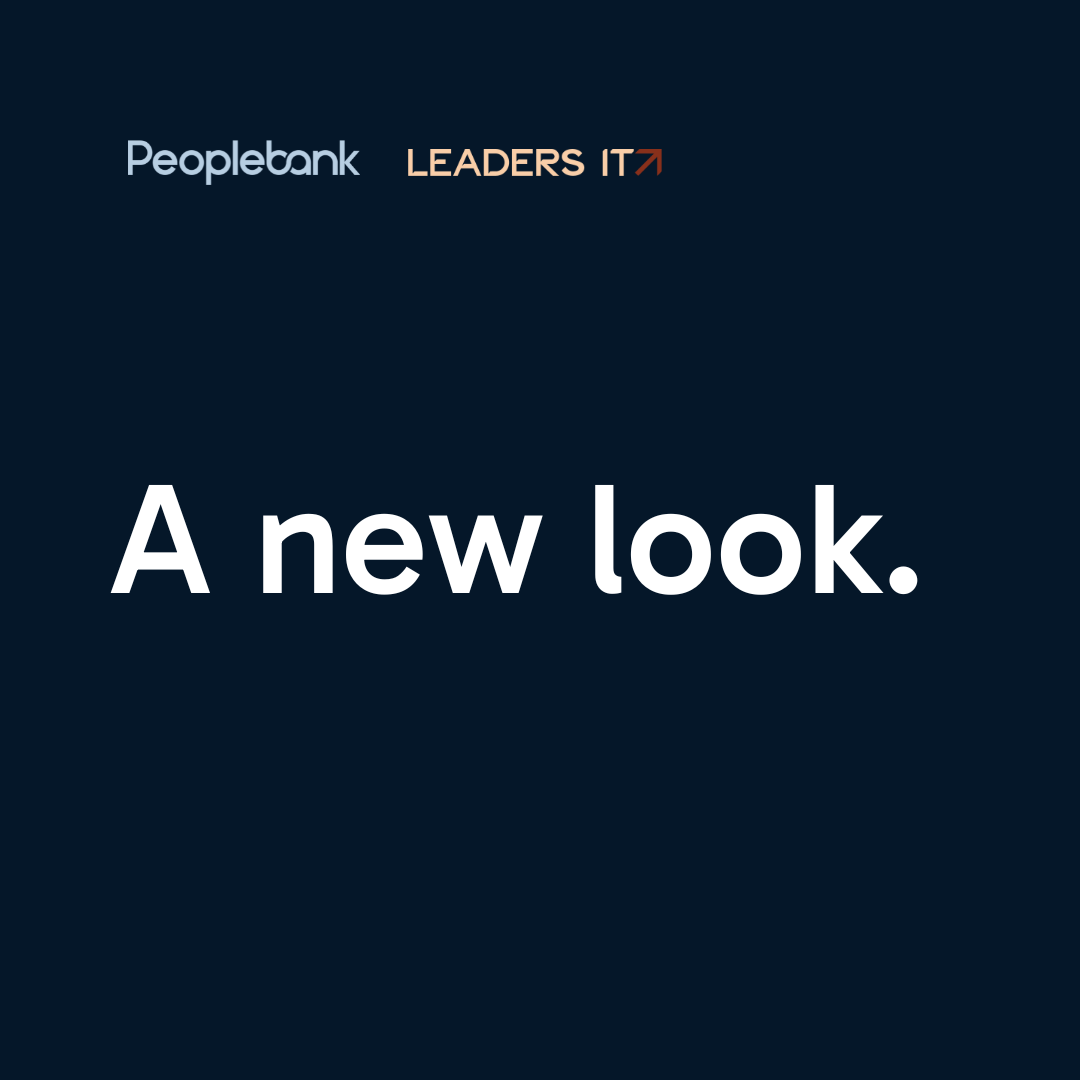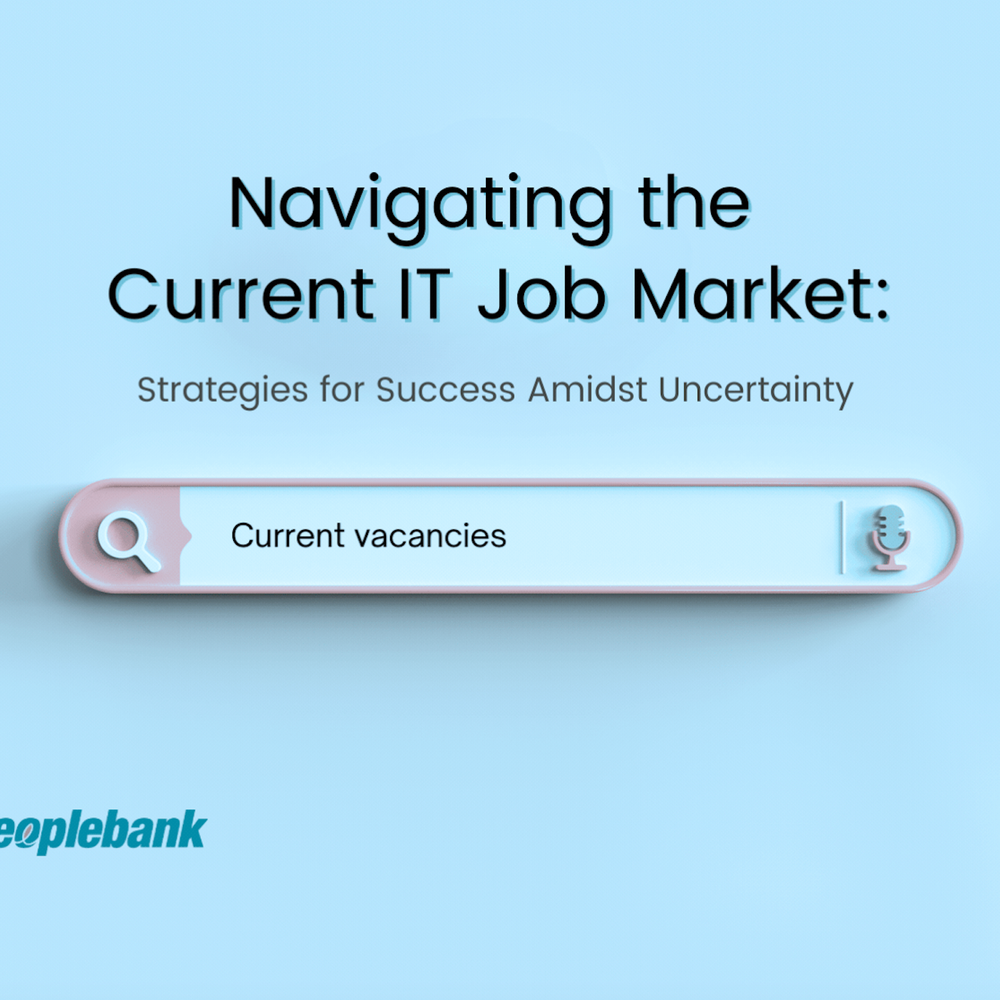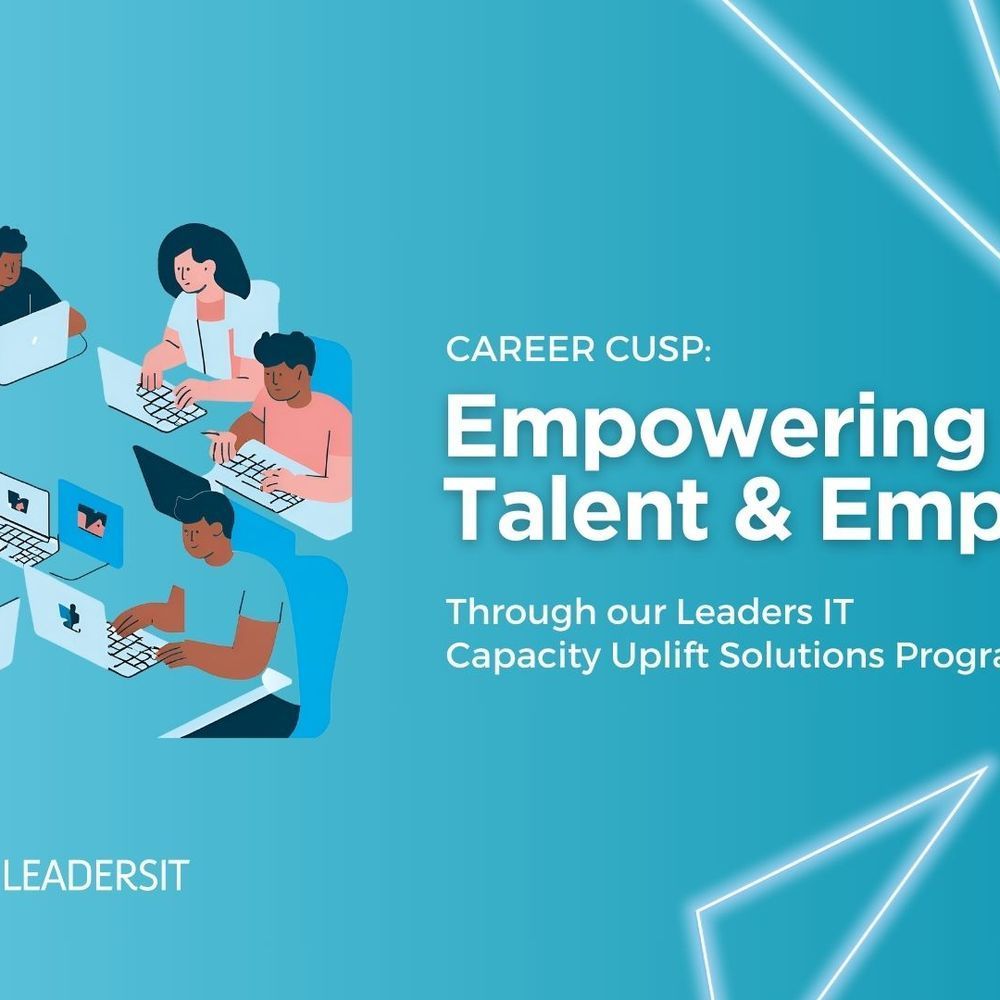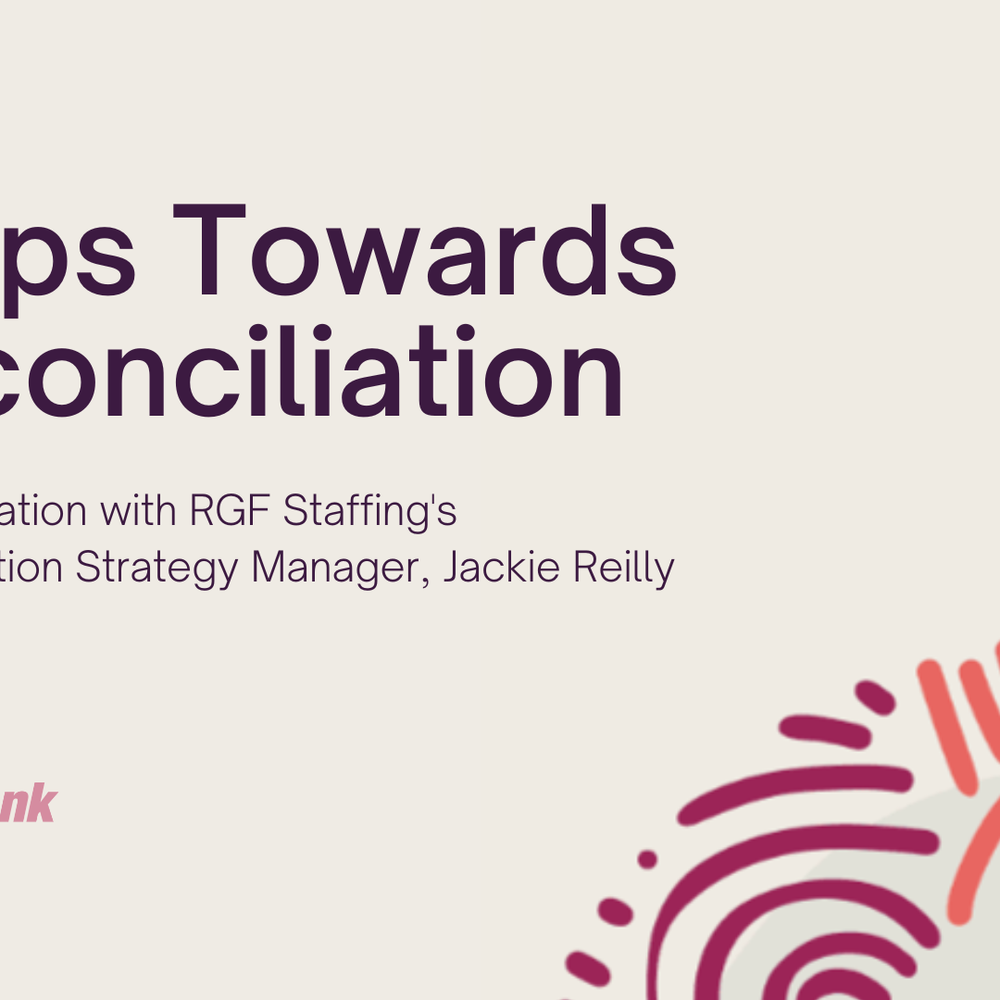What makes a good work culture?
Work place culture is arguably one of the most important aspects to candidates when looking for the right company for them. Company culture plays a large part in the attraction and retention of valuable, engaged, motivated and happy employees. But what is it exactly that creates a good working culture?
Enforcing positive values and policies that reflect them
What are your companies’ values? Make sure they are defined, actioned and enforced. Important values include diversity (including gender, race, age, sexual orientation etc.) and the need to make sure all employees feel the work environment is inclusive and non-discriminatory. It is impossible to trust and feel comfortable in an environment when you are made to feel unwanted or disrespected. Another important value could be flexibility. Flexibility means that you understand your employees are people and not just members of the payroll. They each have different schedules, hobbies and responsibilities which won’t always easily align with a typical nine to five work week. Therefore, making an effort to help your employees improve their work life balance will make a strong impact on their attitude towards the organisation and their work.
When positive values are imposed within a company, employees will usually feel more connected, be more loyal and have higher rate of enthusiasm and engagement.

Hiring the right people
An important part of what makes a great culture and helps with maintaining it is hiring people who will fit in with the existing culture (if you’re not on a mission to change a bad corporate culture). This doesn’t mean hiring people exactly like you and your team. This includes making sure you hire diversely so that there can be room for innovation, different perspectives and challenging mindsets. However, you want the people you hire to be aligned with your company values. When people clearly clash with others in their team based on their ethics and working standards there is no doubt the flow of the team will be harshly disrupted, and not in a good way. This point is especially important when hiring managers or team leaders. For example, if your employees are used to having a level of autonomy, hiring a person who enjoys micromanaging will simply not work. So, it’s important that you are asking the right questions during an interview to discover a persons’ work related values and how they match up to the company values.

Listening to all viewpoints
It is human nature for all people to want to be heard and listened to. This is no different for the employees at your company. It is painfully exhausting for an employee to be preaching an idea for weeks on end only for a senior manager to say no, then months later, address it as their own idea. Or, for the idea to be squashed all together with no explanation as to why. What’s truly important is for people to feel like they are contributing to the greater good. Make sure there is opportunity for people to voice their thoughts, opinions and potential strategies – no matter what their position in the company. This will ensure employees motivation remains high as they will care more about the company’s big picture.

Transparent communication
On that note, the above point also involves transparent communication. This is especially important when relaying the company’s goals to all employees. It will help staff to gain an understanding of where the company currently is and where they want to go. In turn, they can create their own goals to help the organisation achieve what it wants to. Employees will feel more involved and less isolated in their roles. When being transparent with company information and goals, employees will often begin to grow a sense of trust with management, which is needed when trying to create a happy work environment. Not only should an organisation have transparent communication, but simply clear and open communication among all staff to avoid misunderstandings, to overcome trying times and to remain organized and efficient. This will help curve confusion and frustration.

Create purpose and meaning
Another huge factor for employee engagement is feeling as if they have a purpose. Most people want to work for a company they feel is doing some good. This is where a loud and proud HR team will come in handy. An organisation should have pioneers who are particularly passionate about spreading what your companies’ purpose is through way of events, promotions, training, and charity involvement. All humans want their lives to have meaning, since work takes up a large part of our adult existence, it’s important that our workplaces also aim to have meaning (more than just revenue).

Connecting people
Take care of your teams. Make sure to hold events focused on bringing people together. Make regular team meetings a thing. Encourage team work wherever possible. When people care about and trust their team, they put in more effort to make things work. More can be achieved by many who are all individually motivated. To quote Ken Blanchard, ‘none of us is as smart as all of us.’ Connecting people also enables a sense of community which is vitally important for employee retention.

Care about your employees
Invest in your people. Whether this be providing a free meal, offering training, supporting external study, generous maternity and paternity leave, flexibility… whatever it may be. Make sure your people know they are all individuals who are cared about. And don’t only invest money. Invest time in a small chat here and there, provide compliments and praise, be a present manager or CEO. Even if you’re a giant corporate there needs to be an element of ‘family’. Unity is important in helping people to feel at home where they work. Most of this blog will help with that, but small gestures, incentives and events can help build harmony between all of your staff.














